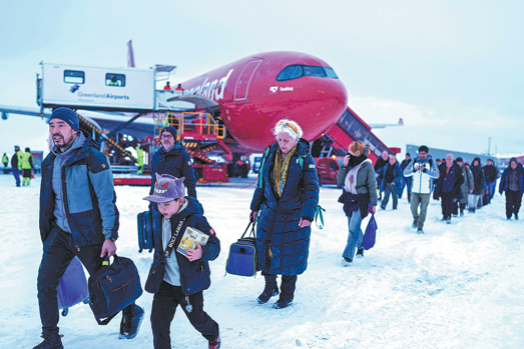Intellectual property talent pool bolstered in China
By Cao Yin | China Daily | Updated: 2024-06-27 09:22
China's intellectual property workforce has grown significantly, with the number of professionals reaching 860,000 by the end of last year, up more than 24 percent from late 2020 and highlighting the country's commitment to fostering a robust IP ecosystem.
Zhang Zhicheng, head of the China National Intellectual Property Administration's personnel department, announced the figures at a news conference on Tuesday. He highlighted growth across various IP fields, including protection, application, public service and international affairs, since 2021.
Over 30,000 people are now responsible for IP-related administrative management and law enforcement, while the number of patent attorneys has grown to 76,000.
The number of IP specialists in enterprises, universities and research institutions has also grown substantially. This surge is expected to accelerate the effective utilization of IP assets, driving innovation and economic growth.
To navigate the complexities of global IP, China has trained around 270 people as international patent examiners. Over 150 educators specializing in international IP affairs and 119 experts equipped to handle overseas IP disputes have also been strategically selected.
Experts from emerging fields like big data, artificial intelligence and new materials are joining the country's IP think tanks, strengthening IP protection for innovators in cutting-edge sectors.
Beijing, Shanghai and Guangdong province have emerged as hubs for IP talent development. The three regions boast frequent talent exchanges and streamlined pathways for IP professionals. As a testament to their success, by the end of last year, the number of high-value invention patents per 10,000 people in the three regions was more than twice the national average.
China's commitment to IP talent cultivation is reflected in its global innovation ranking. According to the 2023 World Intellectual Property Organization's Global Innovation Index, China leads the world with 24 science and technology clusters in the top 100. The Shenzhen-Hong Kong-Guangzhou, Beijing and Shanghai-Suzhou clusters rank second, fourth and fifth, respectively.
While celebrating the achievements, officials acknowledge the ongoing need for education and training in the IP field.
Tsinghua University and the World Intellectual Property Organization signed an agreement in November to establish a new master's program in intellectual property and innovation policy at the university's Law School.
The English-language program aims to enroll around 30 students from home and abroad, focusing on cultivating high-level IP professionals with a global vision. The first students are scheduled to begin their studies in September.
Zhou Guangquan, president of the Law School, said the program will feature top-tier faculty from the university, WIPO, government agencies, courts, other colleges, multinational corporations and law firms.
"It's dedicated to educating outstanding international IP talent for both China and the broader global community," he said.
caoyin@chinadaily.com.cn
























